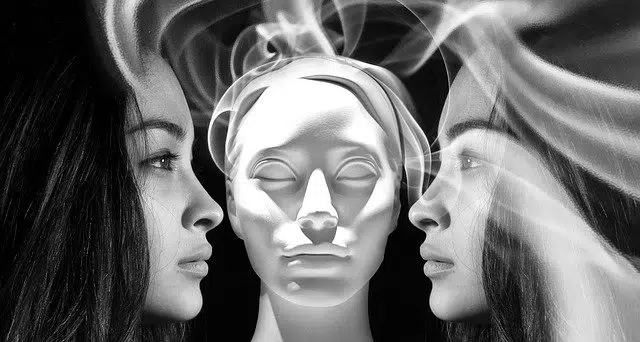
Aristotle believed in three types of souls: plant, animal and human.
The Greek word trichotomy came to Spanish as trichotomy . The term has different uses according to the context .
Classification mechanism
In the field of philosophy , trichotomy is a classification mechanism in which the various segmentations or partitions consist of three parts . The concept can be linked to a triad : a set of three elements that are interrelated with each other.
There are many trichotomies that we can find throughout the history of philosophy. It is enough to take a look at the legacy of Thomas Aquinas , for example, to find discussions about the principle of causality , according to which a cause and an effect must be associated with each event . We cannot conceive this principle without taking these three elements into account, although each one can act independently outside of it.
Nor can we fail to mention the work of Plato, another of the great philosophers who relied on the use of trichotomy for his observation of life. In this case we can talk about his explanation of the values of humanity, which can be summarized in the following three pillars: goodness, truth and beauty . This last concept, beauty, the ancient Greeks understood in a way similar to ours: anything that generates pleasure to our senses, that arouses admiration in us. Plato considered wisdom to be the most beautiful thing he could behold.
Aristotle, one of the most acclaimed philosophers in history, was the author of the work titled About the Soul , in which he talks about the trichotomy that involves the three types of soul that exist , each of them belonging to a group of beings. living well defined. Firstly we have plants , which can only fulfill the minimum functions, which are feeding and reproducing. Then come the "lower" animals , which Aristotle considered capable of this and, in addition, of perceiving the world through the senses and moving of their own will. Human beings , finally, add intellect to all of the above.
Body, soul and spirit
The idea of trichotomy also appears in the field of theology . Used by the Gnostics, trichotomy assumes that the perfect man is divided into spirit , soul and body .
While the soul and body are produced naturally, the spirit is obtained through the intervention of God when the person becomes a Christian through his baptism or even a conversion . Thus is born the so-called new man who can reach heaven.
The question of trichotomy, in any case, is often the subject of theological debate. There are positions that support the existence of a dichotomy : body and soul/spirit.
Trichotomy and dichotomy coincide in indicating that the body dies and that the immaterial part of the human being (soul, spirit) transcends death. It is important to note that, in the Bible , allusions to both positions can be found (man as trichotomy and as dichotomy).

The trichotomy of the perfect man: "body, soul and spirit"
Trichotomy in other fields
In the field of botany , on the other hand, trichotomy occurs when a branch or stem trifurcates . This means that they are divided into three arms.
The stems of a plant , in this framework, can fragment by trifurcation. In this way, trichotomy implies that, from the same stem, three extensions extend.
In the field of mathematics , the law of trichotomy proposes that every real number must meet one of the following two conditions without exceptions: it must be less than, equal to, or greater than another real number. Classical logic uses this axiom to compare real, integer, and rational numbers.
